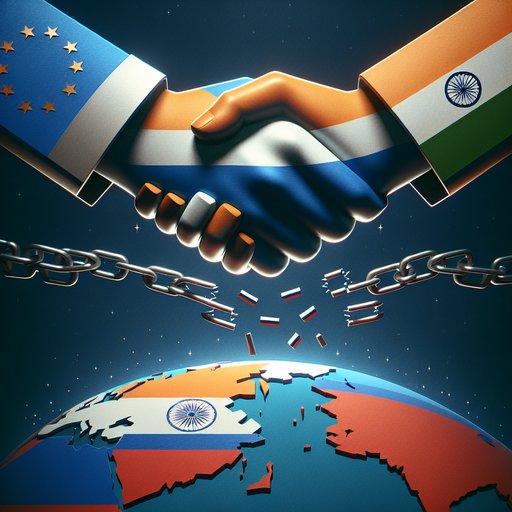
In a significant diplomatic confrontation, India has strongly pushed back against Western pressure over its Russian oil purchases, highlighting what it calls hypocritical trade policies by the US and European Union. The dispute has exposed growing tensions between Western sanctions regimes and the economic interests of emerging powers, as India points to continued European energy dealings with Moscow [1].
UPDATE: After the meeting between US envoy Steve Witkoff and Russian president Vladimir Putin, the USA has decided to raise the import tariffs for India to a staggering 50%.
The controversy centers on India's substantial Russian oil imports, which Western nations have criticized as undermining sanctions designed to pressure Moscow. However, Indian officials have presented data showing that EU countries continue to maintain higher overall trade volumes with Russia, particularly in energy sectors, despite public statements supporting tough sanctions [1].
This diplomatic tension comes as Russian President Vladimir Putin appears increasingly confident in his ability to weather Western economic pressure. Sources close to the Kremlin indicate that Putin remains unmoved by recent ultimatums regarding sanctions, suggesting a growing belief that alternative trade partnerships can offset Western restrictions [2].
The situation has sparked broader discussions about the effectiveness of targeted sanctions in a multipolar world. India's stance represents a growing challenge to Western-led economic pressure campaigns, with several developing nations increasingly willing to maintain trade relationships with sanctioned countries when it serves their economic interests.
The dispute highlights the complex reality of global trade interdependence, where strict sanctions enforcement often conflicts with national economic priorities. India's pushback against what it perceives as Western double standards may signal a wider trend of resistance to unilateral sanctions regimes, particularly among emerging economic powers.
























